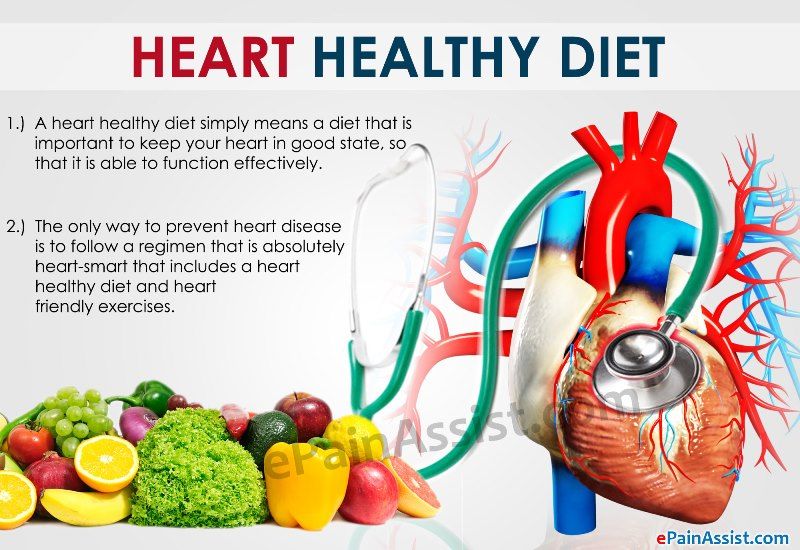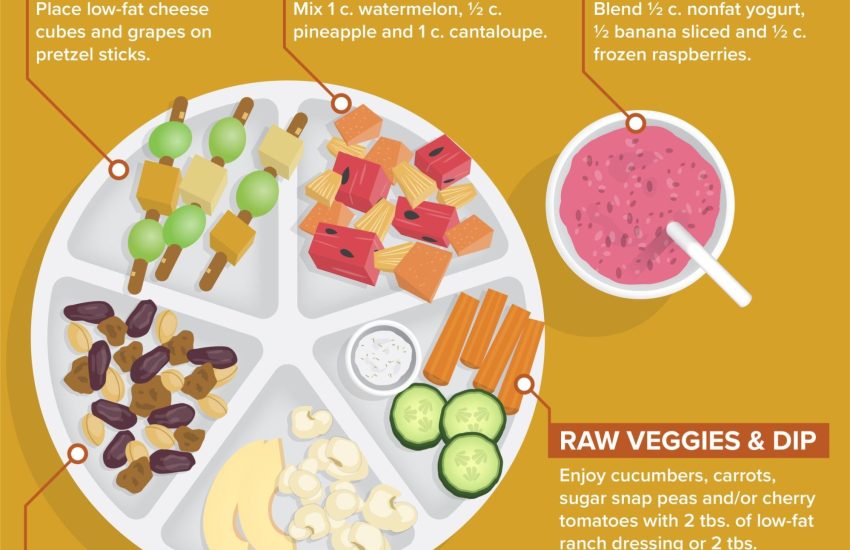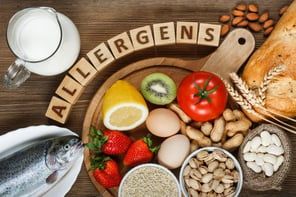Women’s Heart-Healthy Foods: Protect Your Cardiovascular Health
Cardiovascular disease is the leading cause of death among women worldwide. Protecting your heart health should be a top priority. One of the most effective ways to maintain cardiovascular health is through a well-balanced diet.
Women face unique risks when it comes to heart disease. The hormonal changes that occur during menopause can increase the risk of developing cardiovascular problems. This makes it crucial for women to adopt a heart-healthy diet to mitigate these risks.
Include These Heart-Healthy Foods in Your Diet
The following foods can help promote heart health in women:
Fatty Fish
Oily fish such as salmon, mackerel, and sardines are excellent sources of omega-3 fatty acids. These healthy fats have been found to reduce the risk of heart disease by lowering levels of triglycerides and improving overall heart health.
Whole Grains
Swap refined grains with whole grains like brown rice, oats, and whole wheat bread. Whole grains contain high levels of fiber, which can help lower cholesterol levels and reduce the risk of heart disease.
Leafy Greens
Include plenty of leafy greens such as spinach, kale, and Swiss chard in your diet. These vegetables are packed with vitamins, minerals, and antioxidants that can protect your heart and reduce the risk of developing cardiovascular diseases.
Berries
Blueberries, strawberries, and raspberries are not only delicious but also great for your heart. Packed with antioxidants, these fruits can lower blood pressure and improve overall heart health.
Legumes
Beans, lentils, and chickpeas are excellent sources of fiber and protein. Including legumes in your diet can help lower cholesterol levels and reduce the risk of heart disease.
Nuts and Seeds
Snack on a handful of almonds, walnuts, or flaxseeds to give your heart an extra boost. These nuts and seeds are rich in omega-3 fatty acids, fiber, and antioxidants that can reduce inflammation and promote heart health.
Avoid These Heart-Unhealthy Foods
While incorporating heart-healthy foods into your diet is essential, it’s equally important to limit or avoid foods that can negatively impact your cardiovascular health:
Saturated and Trans Fats
Avoid foods that are high in saturated and trans fats, such as fatty meats, butter, and processed snacks. These fats can raise cholesterol levels and increase the risk of heart disease.
Added sugars
Reducing your intake of added sugars, such as sugary drinks, candy, and baked goods, can have a positive impact on your heart health. Consuming too much added sugar can lead to weight gain, high blood pressure, and increased risk of heart disease.
Sodium
High levels of sodium in your diet can contribute to high blood pressure. Limit your intake of processed and packaged foods, as they often contain excessive amounts of sodium.
Additional Tips for a Heart-Healthy Lifestyle
In addition to following a heart-healthy diet, consider incorporating the following habits into your lifestyle:
Regular Physical Activity
Aim for at least 150 minutes of moderate-intensity aerobic exercise or 75 minutes of vigorous-intensity aerobic exercise each week. Engaging in regular physical activity can lower the risk of cardiovascular disease.
Adequate Sleep
Make sure to get enough sleep each night. Poor sleep has been linked to an increased risk of heart disease, so prioritize getting 7-8 hours of quality rest.
Stress Management
Chronic stress can take a toll on your heart health. Practice stress-management techniques such as meditation, deep breathing exercises, or engaging in activities you enjoy.
Avoid Smoking
Smoking is a major risk factor for heart disease. If you smoke, seek help to quit, and avoid exposure to secondhand smoke as well.
In conclusion, maintaining a heart-healthy diet is vital for women’s cardiovascular health. By incorporating nutritious foods and making positive lifestyle choices, you can take an active role in protecting your heart and reducing the risk of heart disease.


